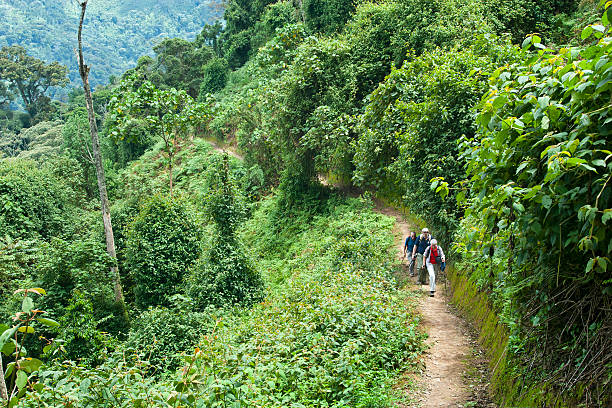If you’re planning a safari or beach holiday in Tanzania, one question you may ask is:
“Are eco-friendly lodges available in Tanzania?”
The answer is a resounding yes. Tanzania has made tremendous progress in offering eco-lodges and sustainable safari camps that allow travelers to enjoy the country’s beauty while minimizing their environmental footprint. From the plains of Serengeti to the rim of Ngorongoro Crater and the beaches of Zanzibar, eco-friendly lodges are increasingly popular among travelers who value conservation, responsible tourism, and community support.

An eco-friendly lodge goes beyond offering comfort. It integrates sustainability practices into its daily operations:
Renewable Energy → Use of solar panels for electricity and water heating.
Water Conservation → Rainwater harvesting, efficient shower systems, and eco-flush toilets.
Eco-Friendly Construction → Built with local, natural, or recycled materials.
Waste Management → Recycling, composting, and minimizing single-use plastics.
Sustainable Sourcing → Organic food, locally sourced ingredients, and fair-trade products.
Community Support → Hiring local staff and supporting nearby schools, clinics, and conservation projects.
Eco-lodges aim to create a balance between luxury, nature, and responsibility.
Choosing eco-lodges doesn’t mean compromising on comfort. Instead, it ensures your safari dollars contribute positively. Benefits include:
Lower Environmental Impact → Protect fragile ecosystems.
Support Local Communities → Many eco-lodges are community-owned or directly benefit villages.
Unique Safari Experience → Stay in places designed to blend with the natural landscape.
Healthier Choices → Fresh, organic, and locally grown meals.
Peace of Mind → Knowing your stay directly contributes to conservation efforts.
Nomad Serengeti Safari Camp → A mobile camp that follows the Great Migration with minimal footprint.
Lamai Serengeti → Designed to merge with granite kopjes, powered by solar energy.
The Highlands by Asilia → Dome-shaped eco-camp using solar power and offering cultural visits to Maasai communities.
Ngorongoro Forest Tented Lodge → Uses eco-practices in waste management and energy.
Oliver’s Camp → Eco-conscious lodge using solar power and emphasizing low-impact tourism.
Chumbe Island Coral Park → One of the most celebrated eco-lodges in Africa, with composting toilets, rainwater harvesting, and a marine sanctuary.
Zuri Zanzibar → Combines barefoot luxury with strong sustainability programs.
Comfort with a Green Twist → You’ll still enjoy luxury touches—comfortable beds, great meals, and stunning views.
Limited Wi-Fi or Electricity → Some eco-lodges limit connectivity to reduce energy use.
Closer to Nature → Many are located in pristine areas where wildlife often roams nearby.
Educational Experiences → Some lodges offer tours of their sustainability projects or community programs.
Check Certifications → Look for lodges certified by organizations like Eco Tourism Tanzania.
Read Reviews → Past guests often mention eco-initiatives in reviews.
Ask About Practices → Don’t hesitate to ask lodges about their sustainability policies.
Balance Budget and Values → Eco-lodges range from affordable tented camps to high-end luxury.
Book Early → Eco-lodges are often smaller and fill up quickly, especially in peak safari season.
Not always. There are budget-friendly eco-tented camps as well as luxury lodges. Prices vary depending on the location and services.
Yes. Many eco-lodges combine luxury amenities with sustainability practices, offering the best of both worlds.
Most use solar power for electricity. Wi-Fi may be limited, but available in many mid-range and luxury eco-lodges.
Yes. Just like traditional lodges, eco-lodges have safety measures such as trained staff and sometimes Maasai guards.
By reducing environmental impact, funding anti-poaching patrols, and supporting local community projects that help protect wildlife.